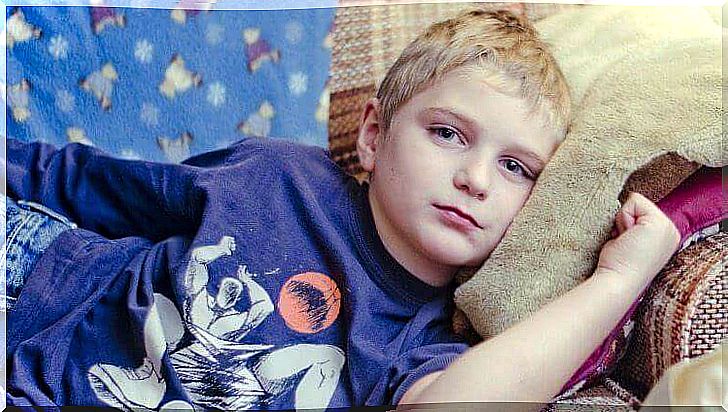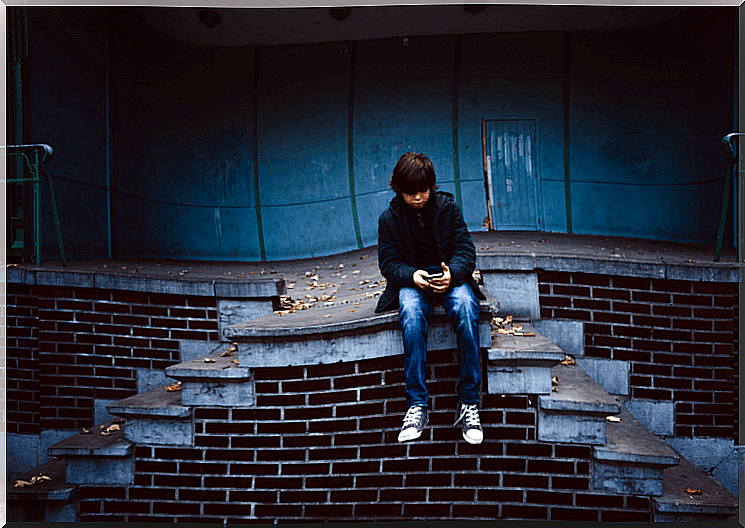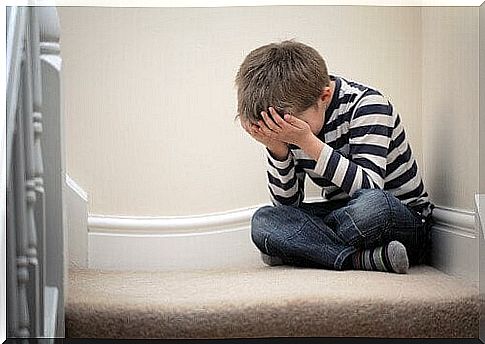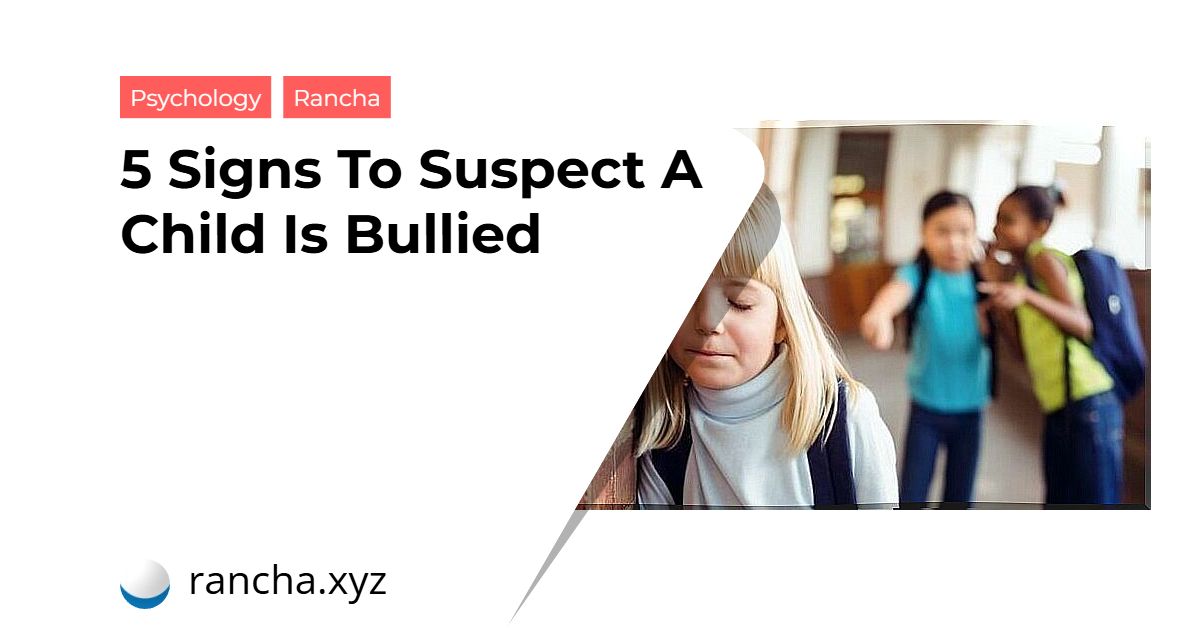It is not always easy to detect that a child is being bullied. In fact, it’s common for them not to talk about it and even hide it.
In this sense, those who practice bullying, to ensure that the victim will not report them, usually threaten her with various punishments if she shares what is happening with someone.
The phenomenon of school bullying has been around for a long time. However, in recent years it has been intensified by several factors. However, we know that, in large part, this fact is due to how accessible are the new technologies that facilitate a depersonalized treatment.
You never know what the consequences might be when a child is bullied. Sometimes they find a way to overcome, other times they are so affected that it compromises their emotional stability.
In other cases, they sink so deep that the consequences are dire. Therefore, it is important to be aware of the signs that suggest the existence of school bullying. These are five of them.
Signs that a child is bullied
1. She gets sick without explanation
It is common that when a child is bullied, they begin to show physical symptoms. These are often imprecise problems, and the most common are headaches, nausea, nausea, and tics.

Furthermore, it is very common for them to lose their appetite or change their eating habits. Perhaps they are too picky about their food or refuse to eat something they enjoyed before. Finally, it usually happens that they start to have problems when it comes to falling asleep or staying asleep.
2. Becomes introverted or irritated
The changes in the behavior of a child who is a victim of bullying are very noticeable. She almost always goes into a state of introversion. It is always thoughtful, silent and sad. However, if she is asked about it, she says she is fine.
Likewise, you are more likely to become irritable, intolerant, and moody.
She may have expressions of passive aggression, such as not responding when we talk to her, or frowning. It’s like feeling irritated all the time.
3. Low academic performance
It is very common for the problem of bullying to be reflected in school performance. More often than not, the child becomes a little withdrawn and distracted. You forget to do homework, misinterpret instructions, or simply don’t want to.

His attitude is that of being absent and uncommitted to his duties. She remains distracted and, therefore, sometimes declares that she does not understand the explanations given in class.
It is also common that it is very difficult to get up to go to school and that you try to miss several times.
4. Anyone who is a victim of bullying isolates himself
Children who are bullied at school tend to become lonely and never want to do extracurricular activities. They stay at home much longer and show no enthusiasm for getting together with their peers. They become children who strictly adhere to school hours but don’t stay a minute longer after leaving.
As the days go by, your friends also stop looking for you. They no longer call him at home, nor do they miss his company. It is possible that they become addicted to solitary activities, such as video games, or that they spend a lot of time on the computer. They may have an “errant” attitude, that is, going from one place to another without an apparent plan.
5. Physical signs
The most common is that, from time to time, the child comes home with signs of aggression in the body.
Sometimes they are bruises, scratches or other similar injuries, but not always a victim of bullying is physically attacked. Sometimes she is “just” harassed and stalked, becoming the butt of jokes.

It is normal that when a child is bullied, he refuses to talk about what happens to him. She can even be aggressive if you insist on questioning her about what’s going on.
Despite this, when you suspect that the little one is being harassed at school, don’t let him stray. Insist, without feeling pressured, and stay calm.
If the child doesn’t tell you, it may be because they don’t trust your ability to manage the situation.
In these cases, she may fear that she will fail her, or that she will create a problem at school that will bring her even worse consequences. So, try to build trust in your relationship and then show that you want to support her and resolve the situation.
 rancha.xyz Be free to choose their own route to self-knowledge, health and balance of body and soul.
rancha.xyz Be free to choose their own route to self-knowledge, health and balance of body and soul.




